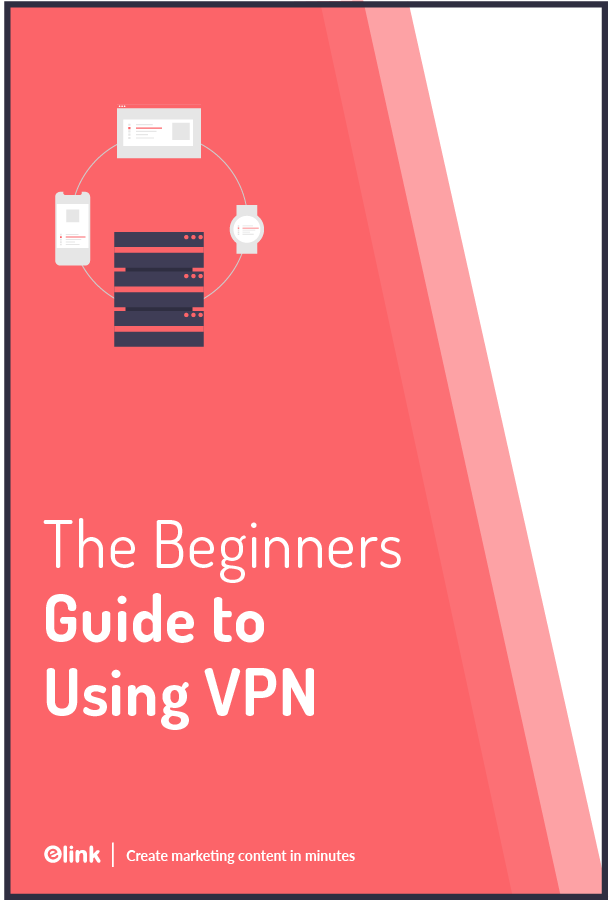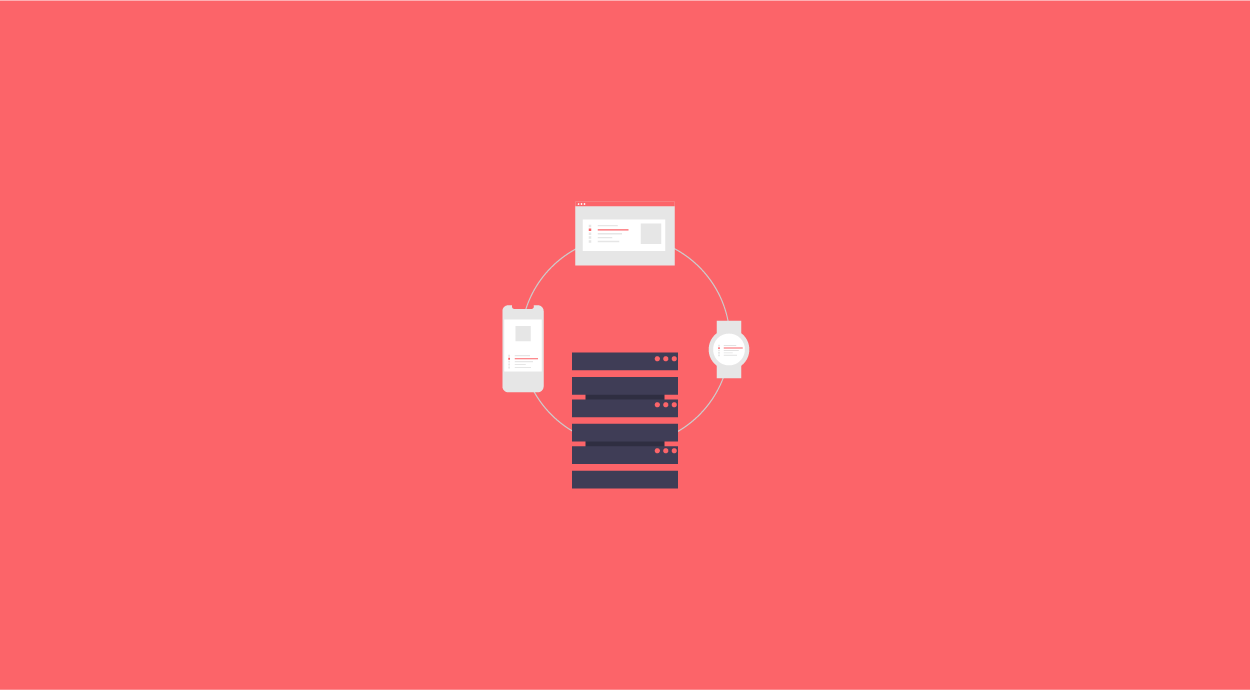For many years, VPNs were only used in companies to secure internal networks.
However, in the present era, the use of the Virtual Private Network is becoming more and more popular among individuals. Why? Because internet users are concerned about their personal data online.
However, the usefulness of a VPN is not always understood and assimilated by all.
From its strict definition to its multiple uses, in this blog, we will tell you everything you need to know about this software before taking the plunge and choosing one for your home.
Let’s get started!
How Exactly Does a VPN Work?
To put it simply, a VPN is a system that connects to the Internet using another server. It is located, most of the time, in another country, through an encrypted connection.
In this way, this VPN gives you an IP address that is different from the one normally assigned to you.
Thus, you can hide your real geographical location and surf the Internet anonymously.

In general, there are three types of VPNs:
1. Commercial VPN: Also known as personal VPN consumer VPN, this is a private service that’s offered directly to individuals, usually for some fee. An example of a commercial VPN service is ExpressVPN, which directly caters to the privacy needs of its customers.
2: Corporate VPN: Also known as business VPN, it allows the remote employees of an organization to connect to the internet securely, as if they were physically present in the office. Unlike commercial VPNs, corporate VPNs aim to protect the privacy of the organization and not the individual.
3. Self-Setup VPN: Some tech experts usually choose to set up their own VPN, using their own equipment. However, this type of VPN doesn’t really provide the protection of server locations in multiple countries, shared IP addresses, and many other features that are enjoyed by those who use commercial VPN.
As previously stated, VPN was originally used mainly by companies and gradually more and more individuals started using it. When employees wanted to access their company’s intranet remotely and securely, VPNs were the perfect solution.
With a VPN connection, the data that travels between your computer and the private server is encrypted. This way, the Internet service provider cannot reach this information that passes through your connection.
Moreover, your IP address is modified, and you can be located anywhere in the world to use it. A VPN allows bypassing geographical restrictions in force on contents!
So, now that you know the nitty-gritty of how a VPN connection works, let’s get to the next section – the advantages of VPNs.
The 3 Advantages of Using VPNs
1. Online Protection
The major advantage of VPNs is that they allow you to protect yourself against any form of online surveillance and spying. Indeed, they secure your internet connection through encryption and provide enhanced security and privacy.
This is a technique that allows you to make all your data and web communications (passwords, visited sites, downloaded files, etc.) unreadable.
Normally, your Internet service provider (ISP) can have access to all your online activities. Advertisers or more seriously, hackers, can also monitor what you do online. VPNs allow you to remain anonymous on the Internet.
When a VPN is activated, it masks the user’s IP address and the geographical location attached to it. The real IP address is replaced by one from the VPN network. It is therefore the IP address of the VPN server that appears and never yours.
As a result, you become invisible and none of the sites consulted know who you are. In addition to preserving privacy, VPNs also prevent online tracking.
2. Staying Anonymous
VPNs have the advantage of bypassing geo-blocking on the web!
It is important to know that some sites are subject to geographical restrictions, which means, access to the site is accepted or denied depending on the location of the Internet user, itself determined by the IP address.
Since the VPN can change the IP address, it becomes possible to access sites without being physically in the territory. So, if you are abroad, you can continue to access your usual services and sites provided you choose the right server.

And if you are not traveling, you can still unblock foreign platforms from home. VPNs offer the possibility to bypass digital censorship. This advantage joins the previous one, but it requires a game of its own.
In some countries, the authorities censor the Internet more or less strictly. The most telling example is undoubtedly that of China where a multitude of everyday websites are inaccessible.
Internet users living there often turn to the best VPN in China in order to bypass the network firewalls applied by Internet service providers. To regain some online freedom and avoid government spying on Internet users’ activities, VPNs are a very good solution!
3. Easy To Set Up
VPNs are simple applications to install and use. The apps are relatively light and are it is easy to set them up and get started. Most of the time, the interface of a VPN is neat and uncluttered which allows you to get familiar with the VPN in a few minutes.
There is no need to have a lot of computer knowledge to use this type of software. It is an everyday tool that fits perfectly to all profiles! Awesome, right?
We know that the above reasons have convinced you to give VPN a try. However, with so many VPNs available out there, it can be quite difficult to know which one to use. That’s why we are here!
How to Choose The Right VPN?
Take the time to compare, evaluate your needs and determine how to choose the best VPN. While doing your research, do not forget to consider:
- the operating system you use (Windows, Mac, etc.)
- the VPN rates offered
- when you sign up, whether or not your data is recorded
- the number of servers the VPN has
- the geographical location of these servers
- the power of your internet connection
- the data encryption protocol offered to you
Fun Fact: To ensure that your information flows securely, VPNs use encryption keys. The longer the key, the more reliable the security. Most Virtual Private Networks use 192- or 256-bit encryption keys. If it were to be decoded, this encryption would require thousands of years of calculation!
Before You Go!
Yes, VPN is an awesome tool to separate your location (and you) from your data. However, you need to know that a VPN doesn’t really obscure EVERYTHING about you.
For example, if you like a post on Instagram, or take a Facebook quiz, these apps would still be able to use your behavior to showcase in-app ads and content – even if you’re using a VPN. They might not find out exactly where you’re browsing from, but they will still be able to know what you are doing on their apps.
Similarly, if you’ve ‘cookies‘ enabled on your PC, companies can follow you while you’re using their website, and maybe even after that.
Moreover, you need to remember that VPNs don’t function like an anti-virus software. Even though they do protect your IP address and encrypt your internet history, it doesn’t protect your computer from outside intrusion. It does not protect you from Trojans, viruses, bots, or any other malware.
To ensure maximum security, you should use a VPN together with a robust anti-virus program. Cheers!
Further reads:
Tips to Manage Remote-Work Successfully
Toolkit: What is it & How to Create The Perfect One?
Build Brand Awareness With These 9 Quick Yet Effective Ways
9 Best Spying Tools to Keep Eye on Competitors!
Tools for Freelancers to Manage Work!
Email Spoofing: What is it and How to Prevent it? (+Tips)







